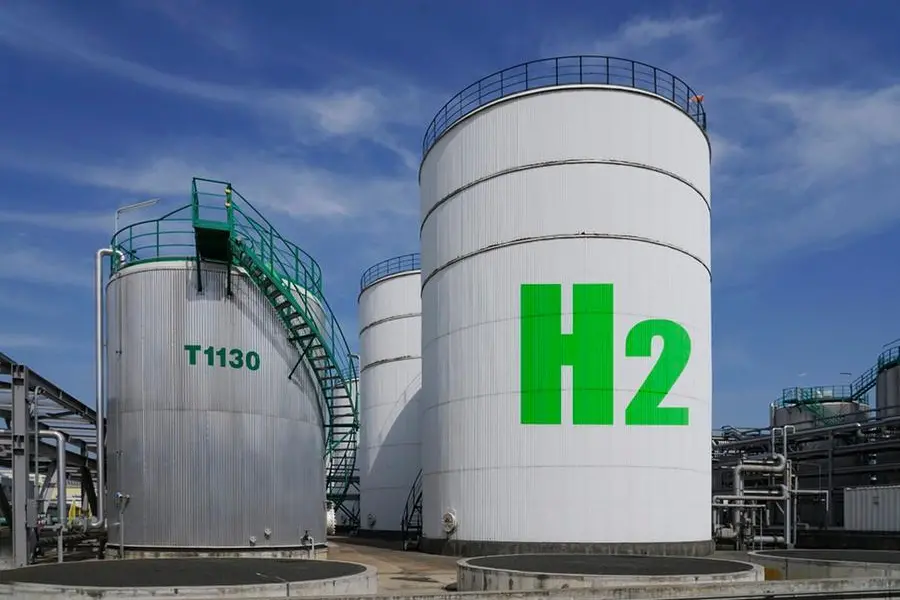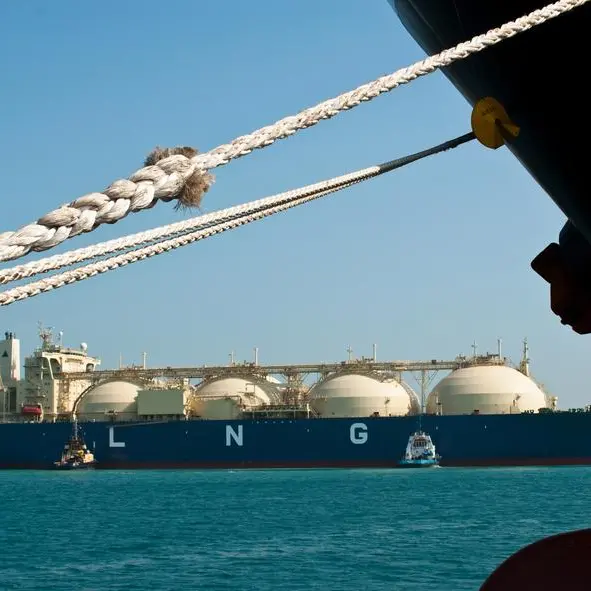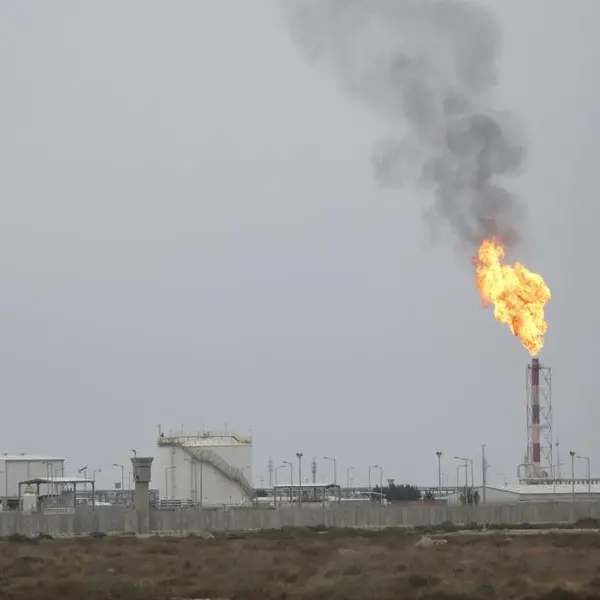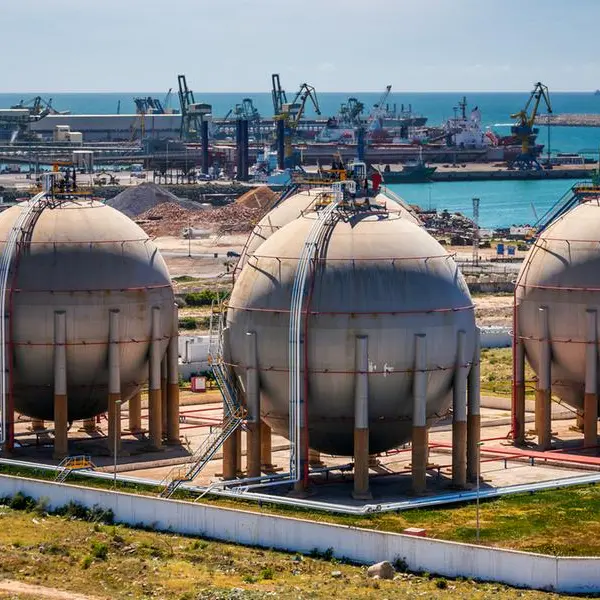PHOTO
GCC countries with access to low-cost domestic gas and renewable energy production are well placed to compete in the future blue and green hydrogen markets.
While both types of hydrogen, blue and green, will play a role in reducing the global carbon footprint, only green hydrogen has the potential to reduce GCC countries’ reliance on hydrocarbons, according to ratings agency Moody's Investors Service.
Green and blue hydrogen production could mitigate the negative economic and fiscal impact of lower global oil demand and prices on GCC sovereigns when global carbon transition accelerates. "However, only green hydrogen will also somewhat reduce GCC countries’ heavy reliance on hydrocarbons and as such their underlying credit exposure to longer-term carbon transition risks."
However, the shift will happen only gradually and over several years, it added in a new report.
GCC governments, such as Oman, Saudi Arabia, and the UAE are setting up to produce zero-carbon green hydrogen (from water through electrolysis using renewable energy) and low-carbon blue hydrogen (from natural gas with carbon capture).
However, achieving large-scale production, especially of green hydrogen, will be challenging in the next few years, the report said.
In the short-to-medium term, their access to cheap domestic natural gas, their carbon capture, and storage (CCS) expertise and at least partially available infrastructure makes blue hydrogen production more likely than the more costly and challenging production of green hydrogen.
Over the longer term, Oman, Saudi Arabia, and the UAE also have the potential to produce and export green hydrogen given their access to cheap renewable energy production and expertise in water desalination.
"Achieving large-scale green hydrogen production will be challenging. GCC renewable energy projects still face substantial delays in auctioning processes. This will make it harder to generate sufficient renewable energy capacity to support green hydrogen production growth," said Moody's.
Moreover, large-scale commercialisation of green hydrogen would also require further significant investment in technology and infrastructure to store and transport hydrogen.
(Writing by Brinda Darasha; editing by Daniel Luiz)
(brinda.darasha@lseg.com)





















